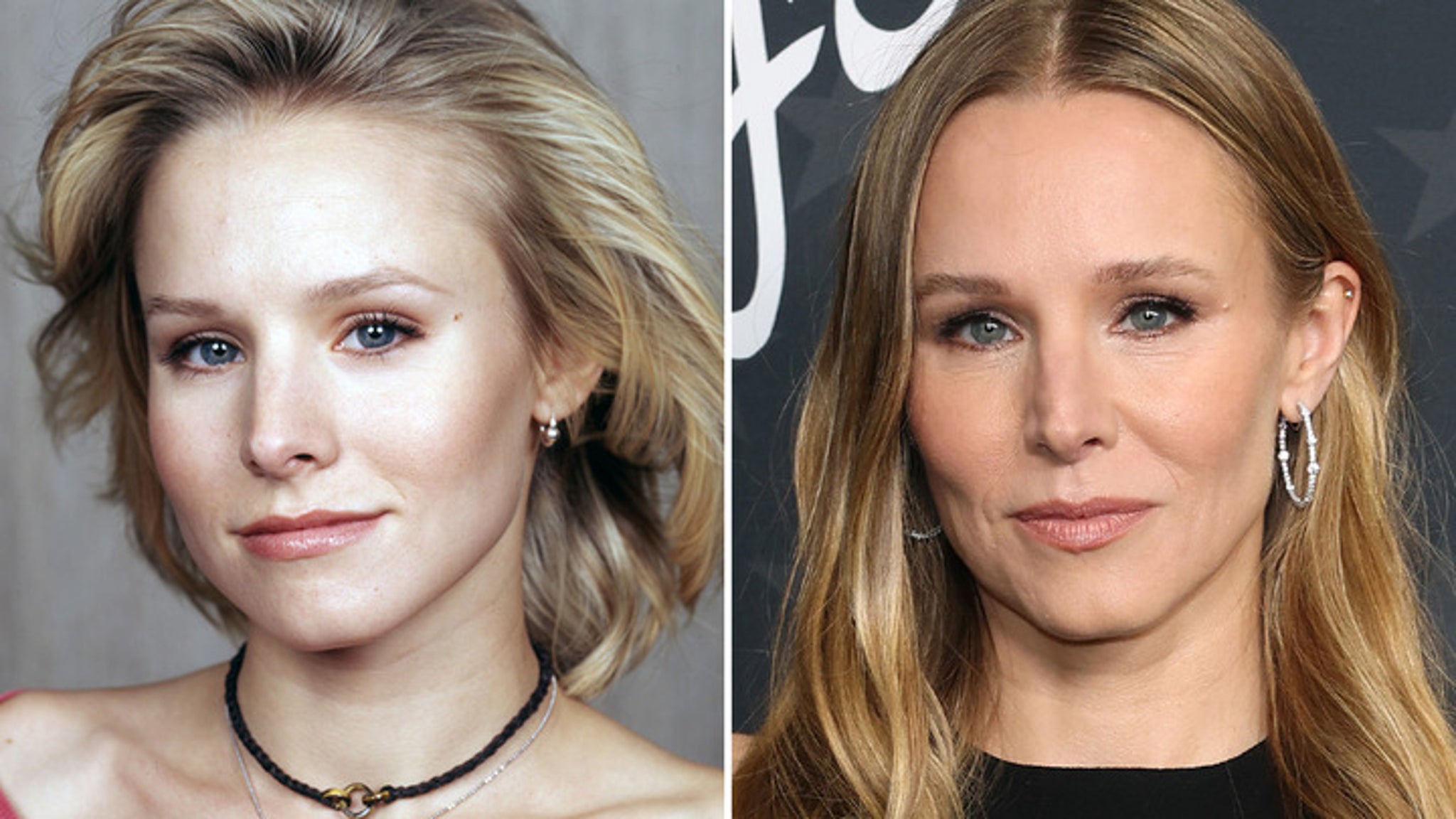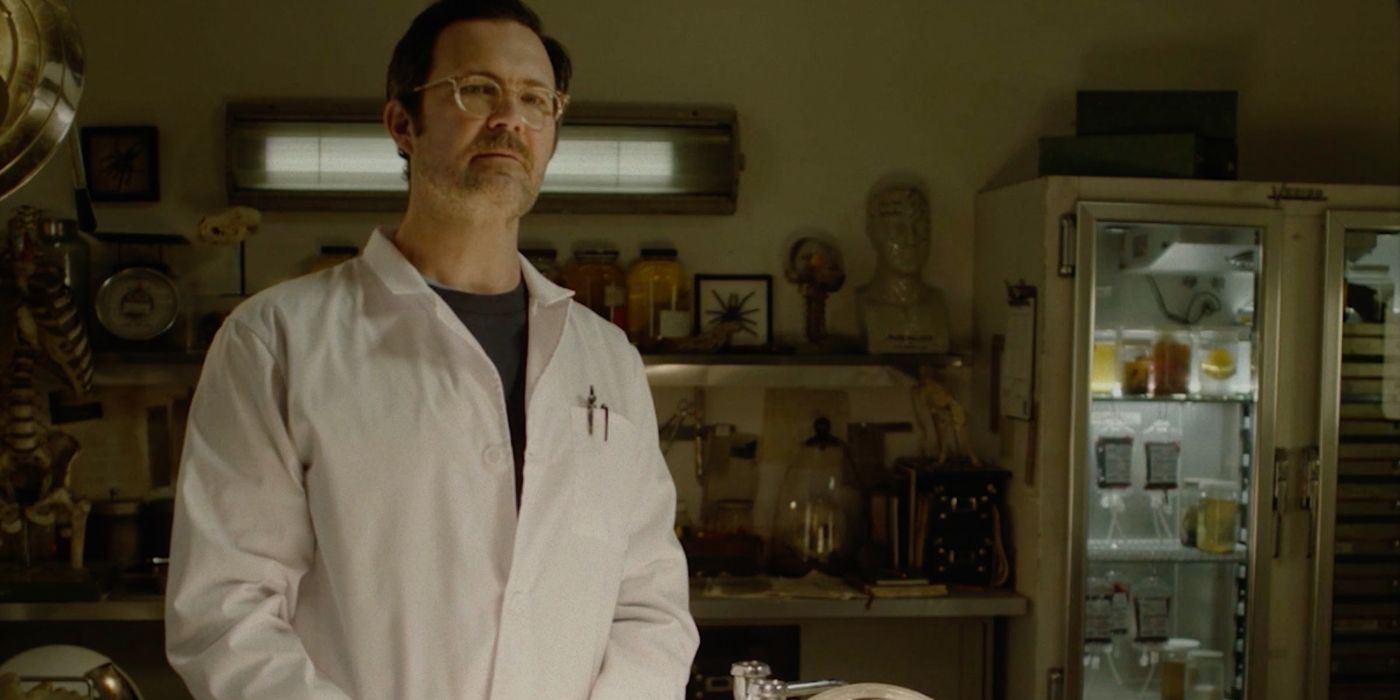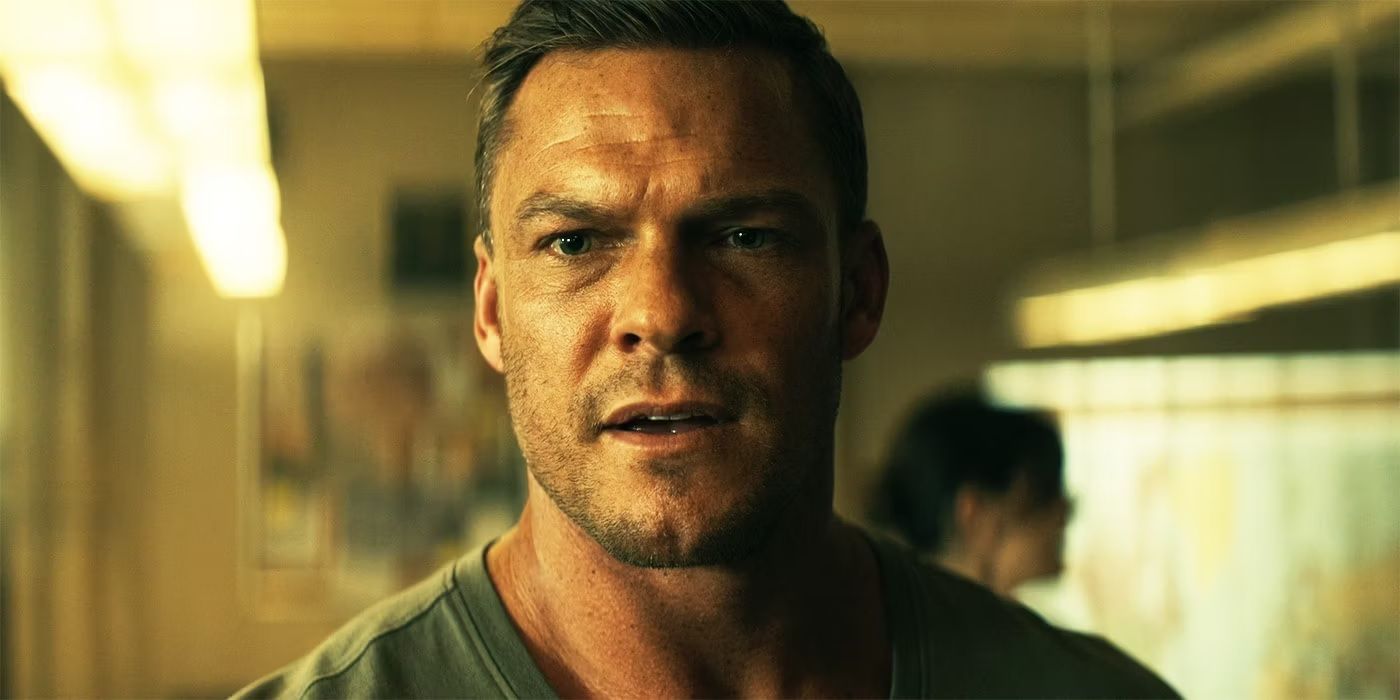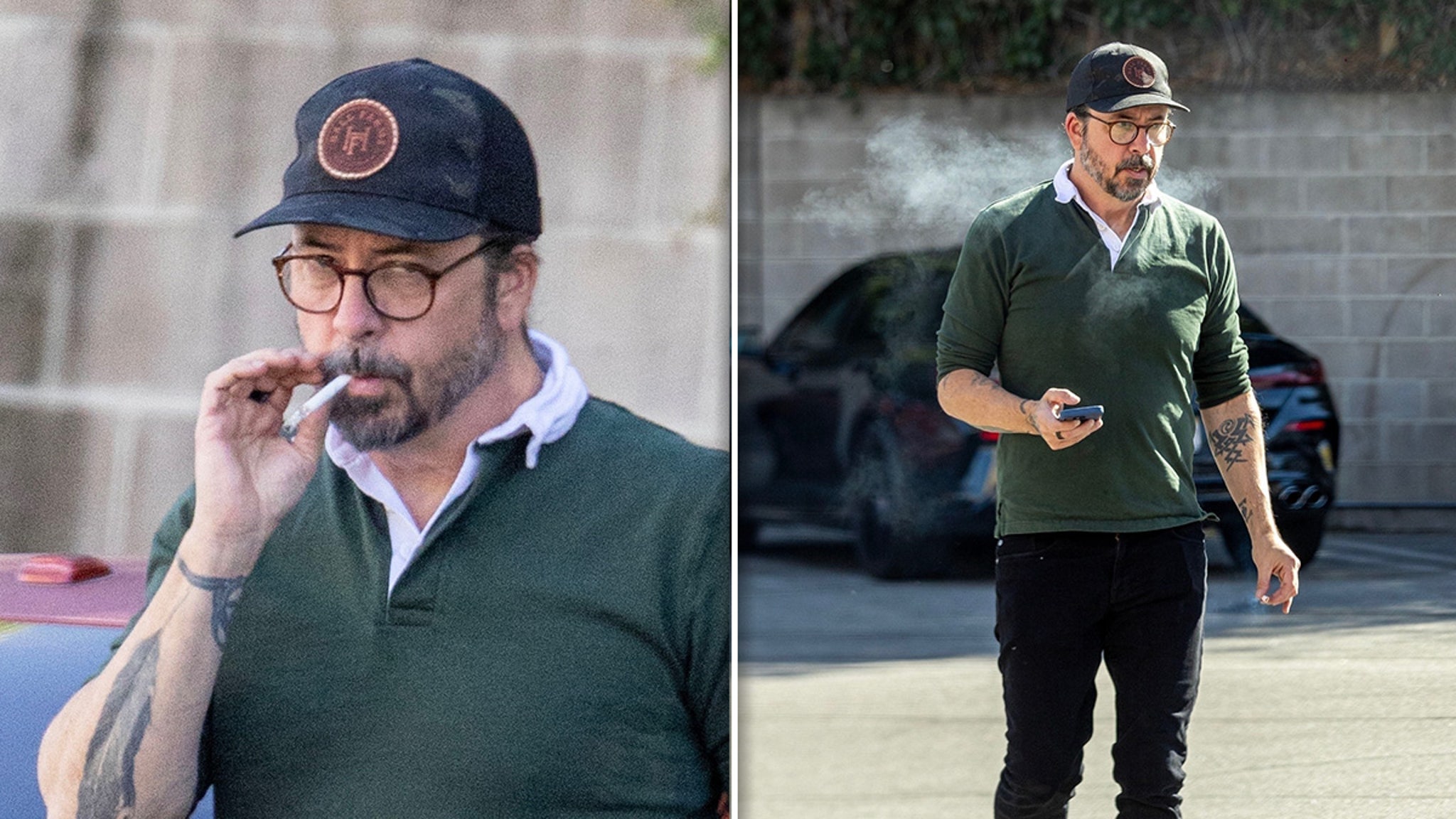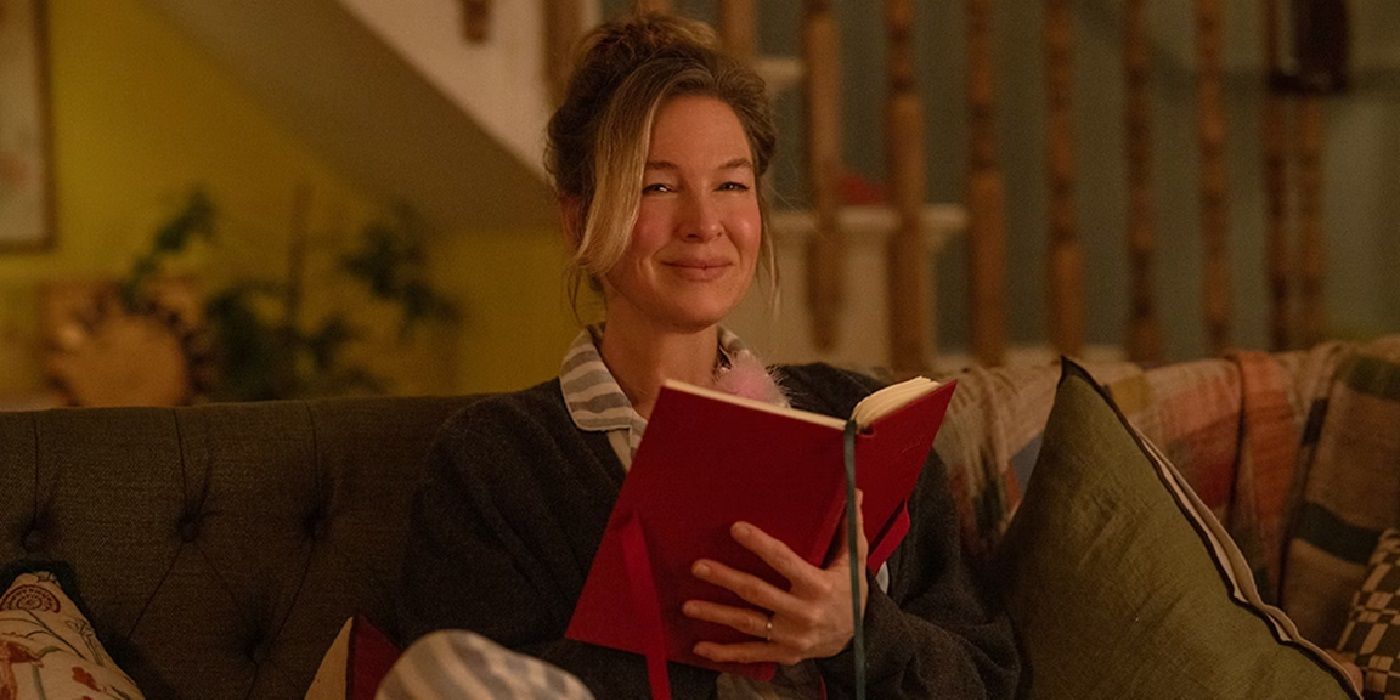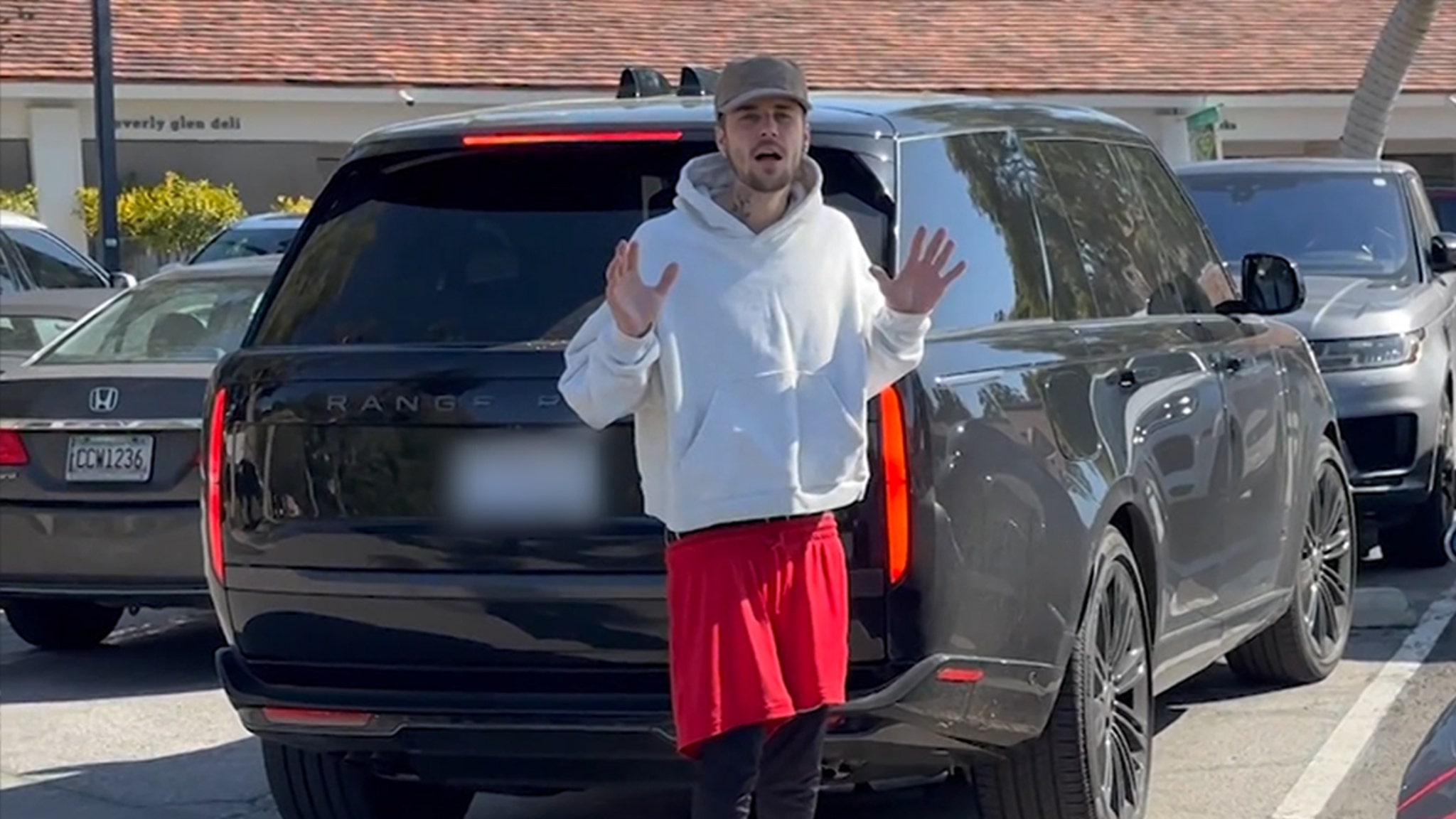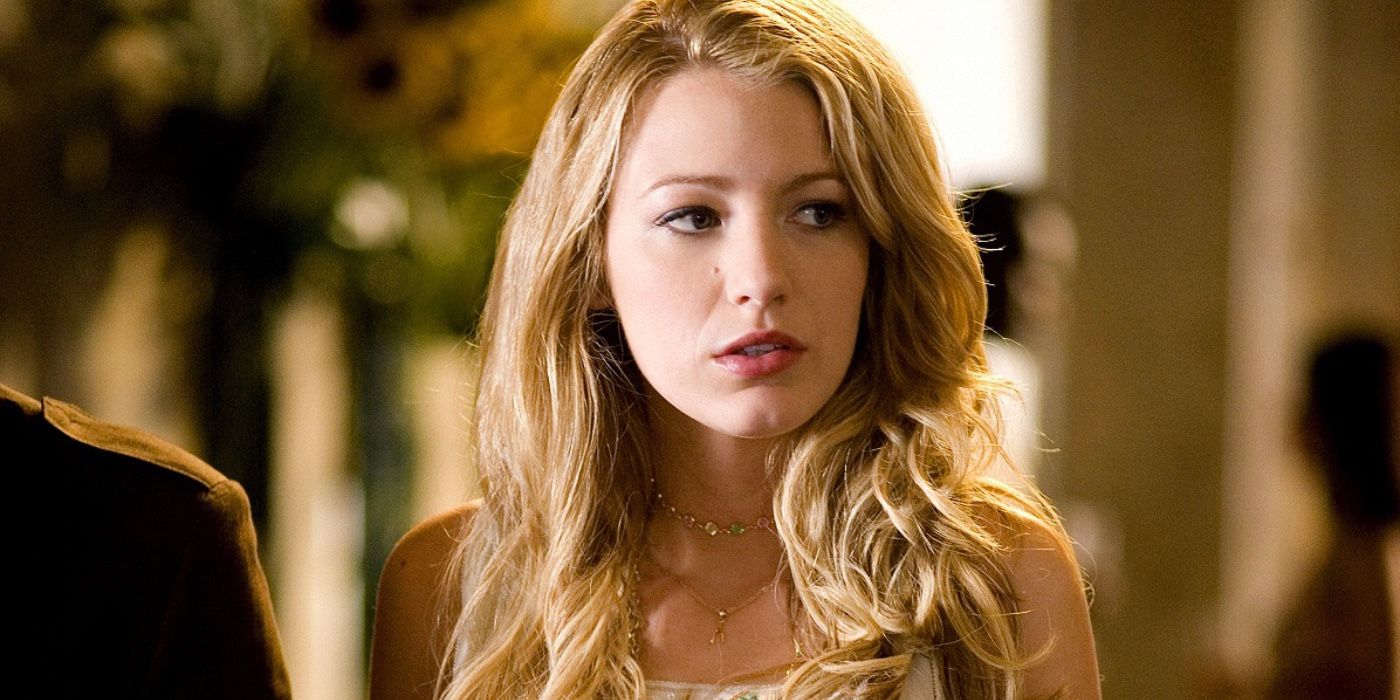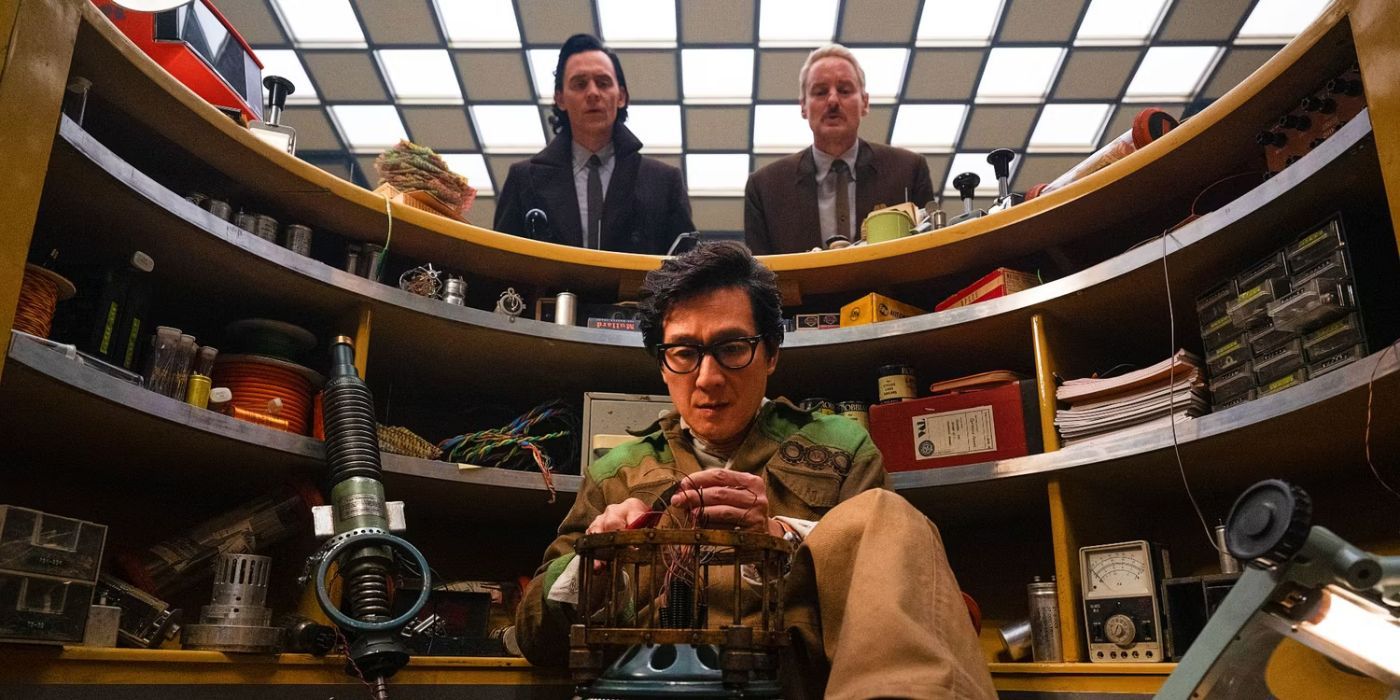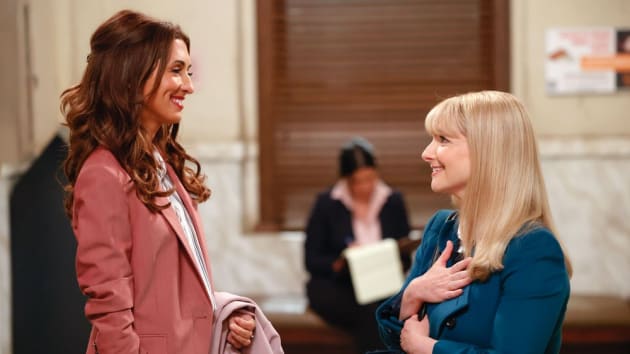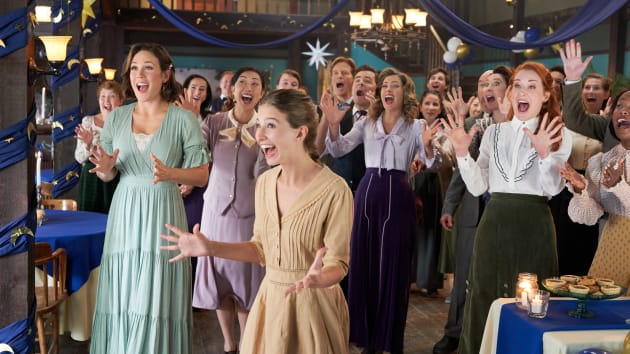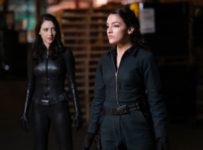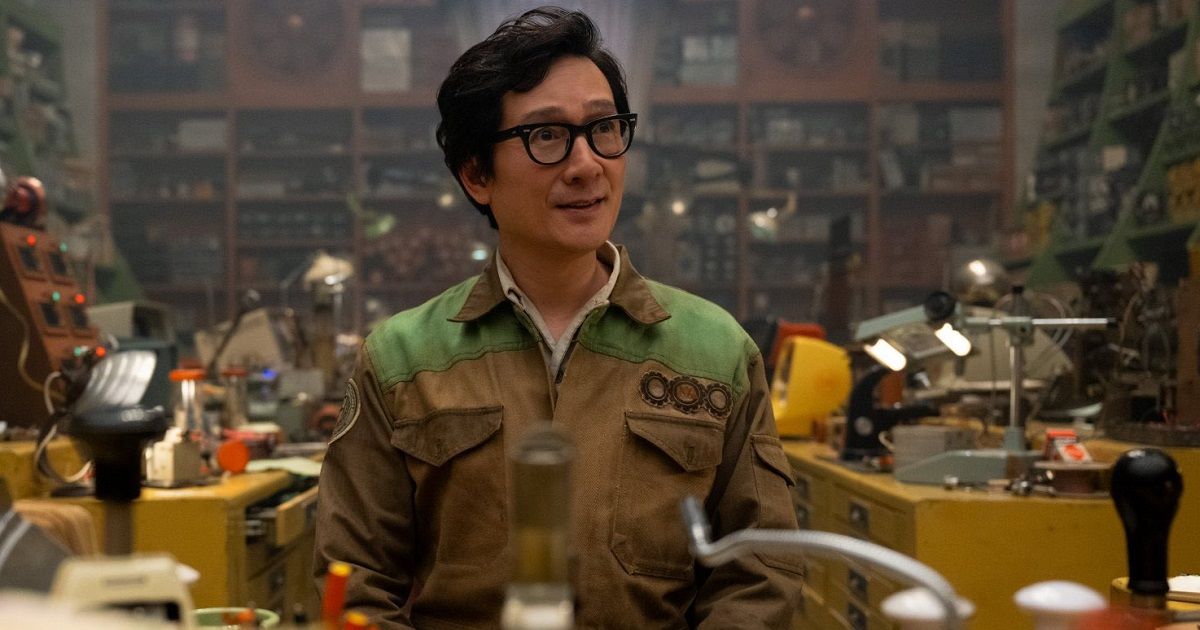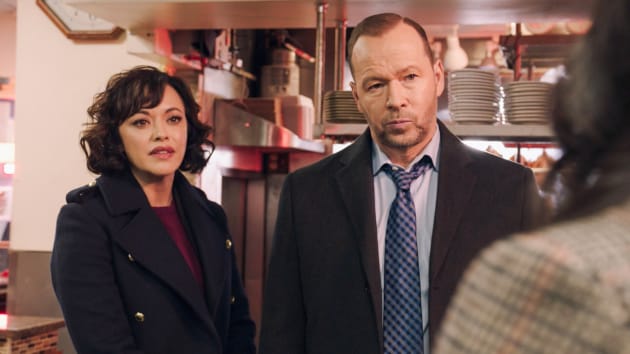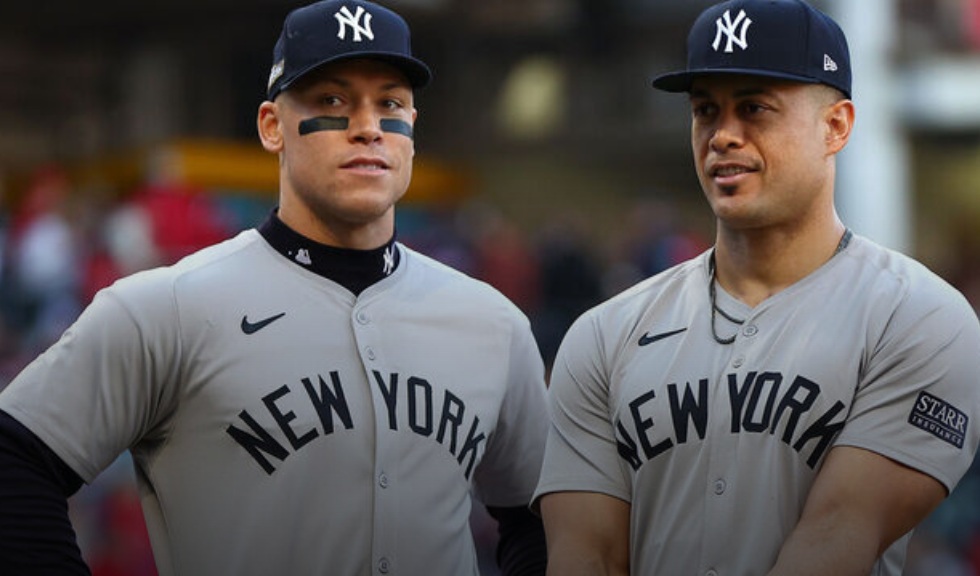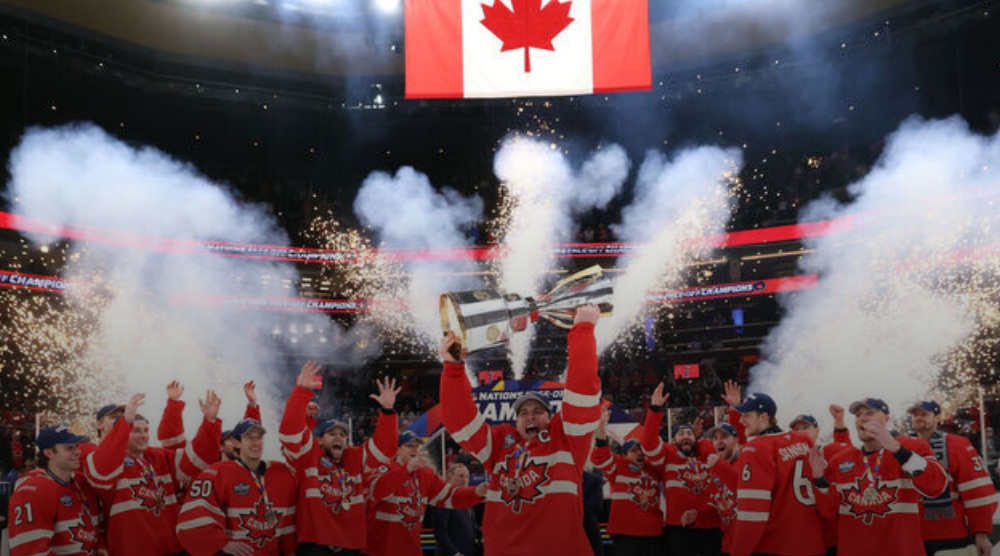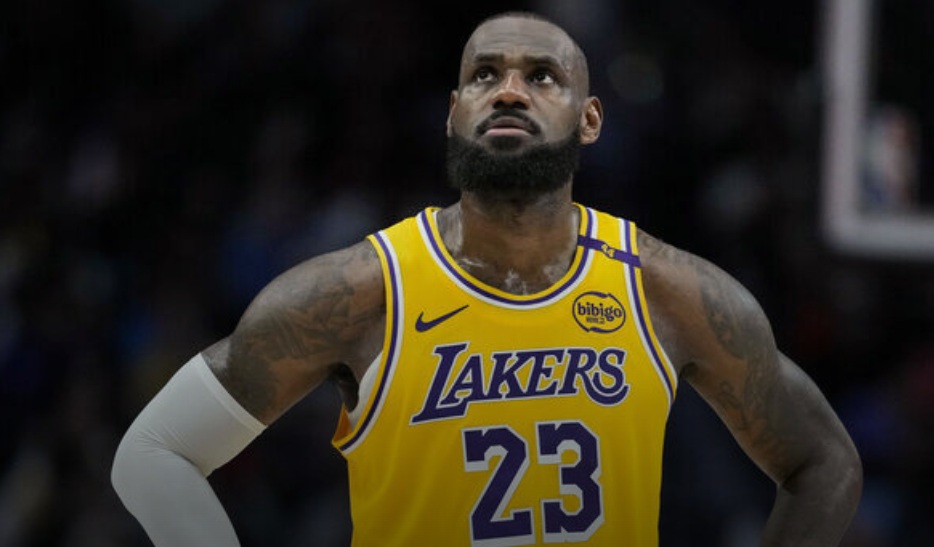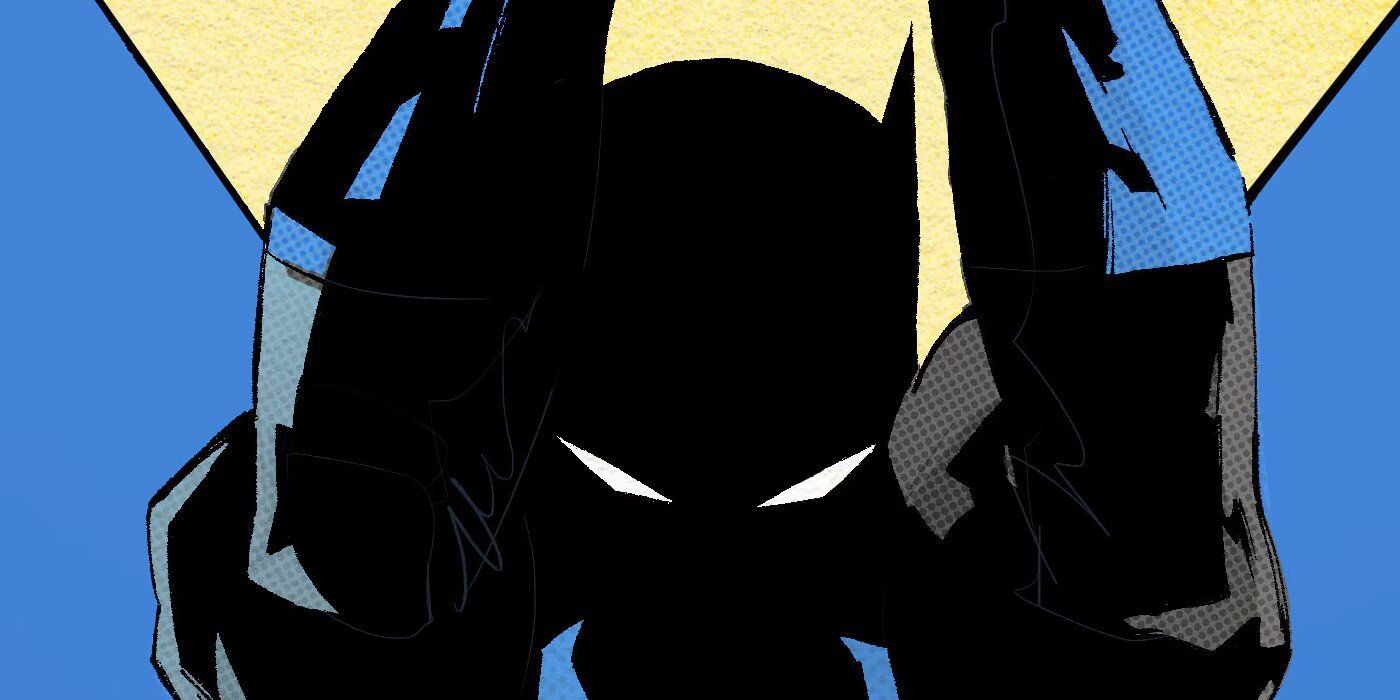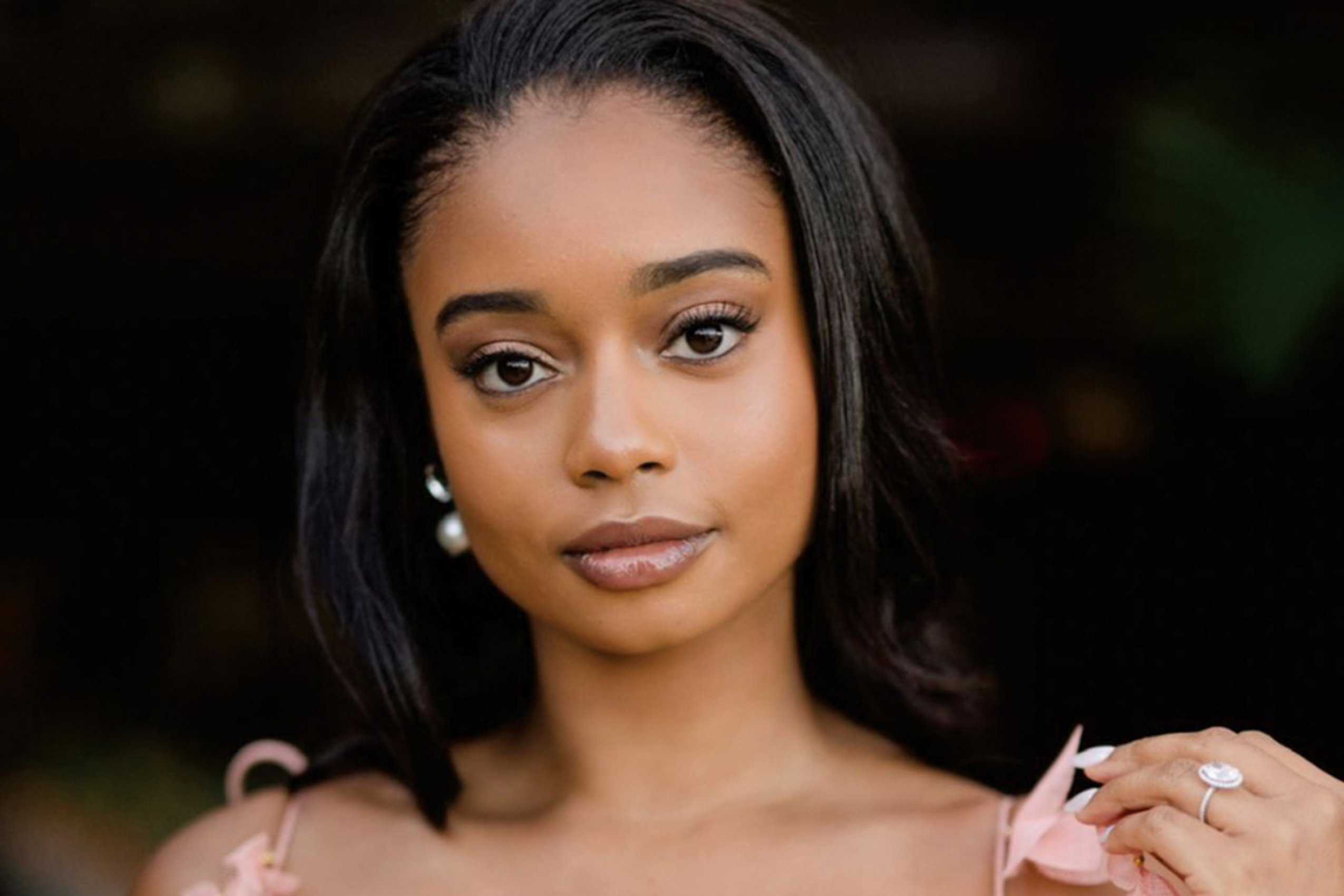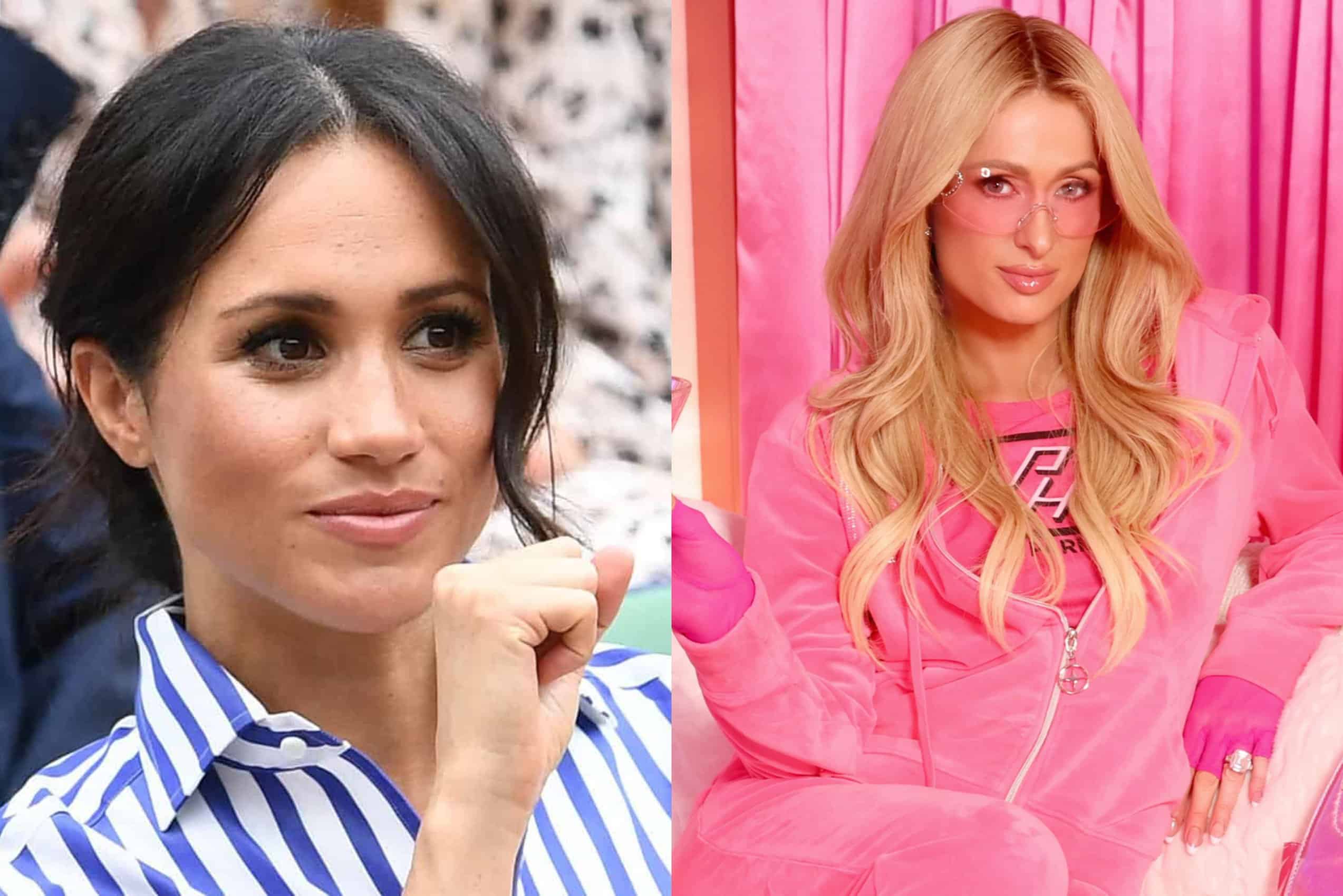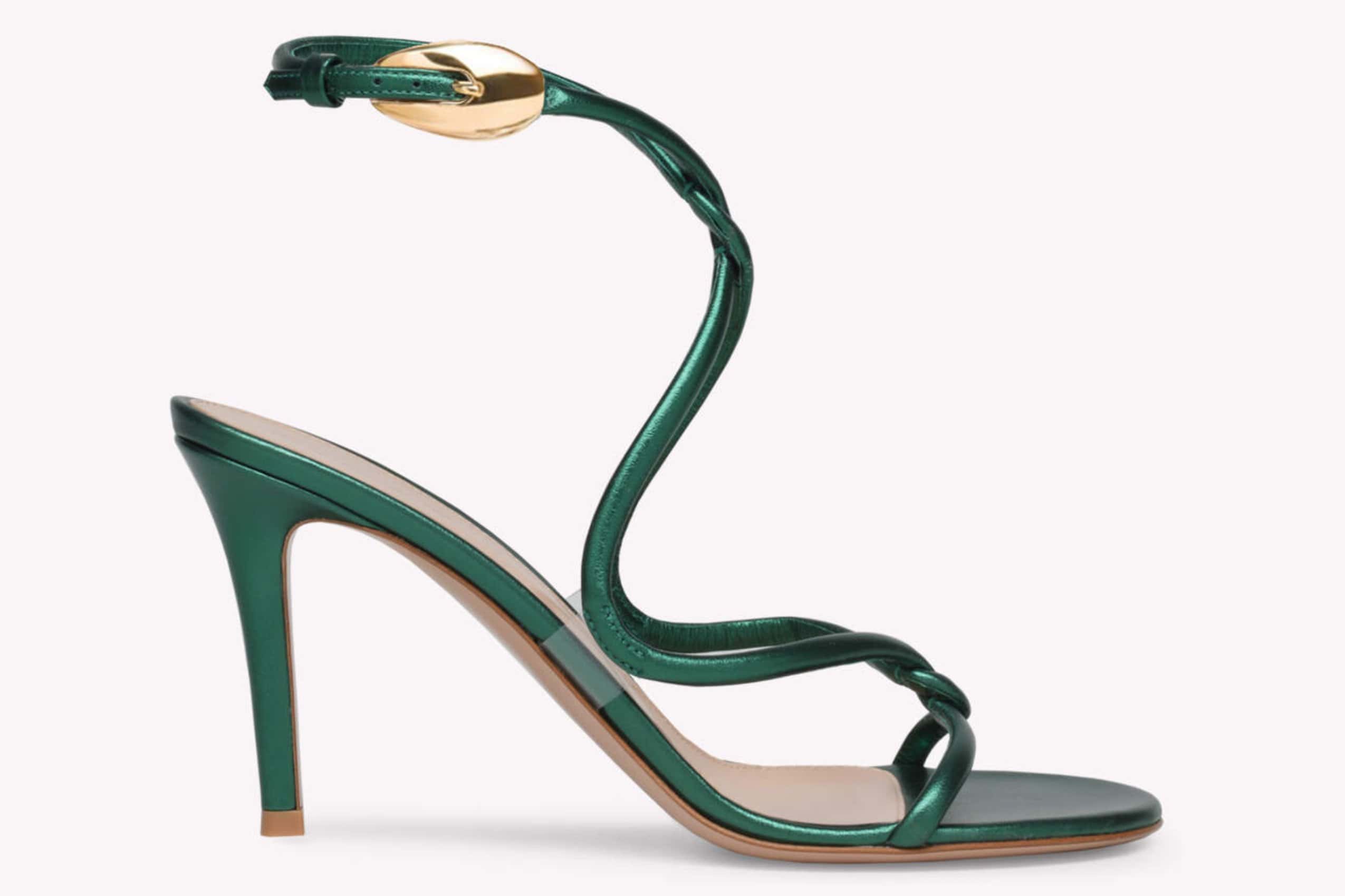Summary
- The concept art for Loki Season 2 reveals that the character Ourobouros was initially intended to be a variant of Mobius, adding a complex layer to the storyline.
- The decision to diverge from this initial concept and create Ourobouros as a distinct character separate from Mobius was a masterstroke, preserving the uniqueness of Mobius and introducing the captivating Ourobouros.
- Marvel’s commitment to keeping the storyline fresh and unpredictable was exemplified by the decision to deviate from the comic book blueprint and create a new variant, Dr. A.D. Doug, instead of intertwining clones with the already complex variant narrative.
The MCU has a knack for astonishing its fans with clever plot developments and evolving characters. One such intriguing development occurred in the second season of Loki, where a newly introduced character, Ourobouros (OB), captured the audience’s attention with his unique charm and mystery. However, recent revelations about OB’s initial conception have sparked interest among fans, revealing a creative process that could have led to a drastically different storyline.
The recently unveiled concept art for Loki Season 2 brings to light an alternate vision for OB, suggesting he was initially intended to be a variant of another pre-existing MCU character. This information, divulged by Loki Concept Artist Aleksi Briclot via Instagram, presents a fascinating “what if” scenario in the MCU’s creative journey. In the shared concept, OB appears as a variant of the character Mobius, marked by distinctive red hair and a “mutton chops” beard style. This revelation offers a glimpse into the fluid nature of character development within the MCU, where ideas evolve significantly from conception to screen.
The concept of variants has been a cornerstone of the Loki series, introducing audiences to the idea that characters can exist in multiple forms across different timelines. This has been exemplified through various characters, including the titular Loki himself, who, despite being a variant, retains the essence of his character known to the audience. The notion of OB as Mobius’ variant would have added a complex layer to the narrative, particularly considering Mobius’ reluctance to confront his past life. Such a plot twist would have had profound implications for Mobius’ character arc, confronting him with a tangible link to a life he had long avoided contemplating.
RELATED: Loki Season 2 Finale Gets Reimagined in an MCU Concept Art
Masterful Divergence: How OB’s Unique Characterization Enhanced Loki Season 2
Release Date June 9, 2021
Cast Tom Hiddleston, Owen Wilson, Gugu Mbatha-Raw, Richard E. Grant
Genres Superhero, Action, Adventure, Fantasy
Seasons 2
The decision to diverge from this initial concept and create OB as a distinct character separate from Mobius proved to be a masterstroke. This choice not only preserved the uniqueness of Mobius, portrayed brilliantly by Owen Wilson, but also introduced the audience to the captivating OB, brought to life by Ke Huy Quan’s stellar performance. In doing so, the show avoided diluting the impact of Mobius and steered clear of rehashing the concept of identical yet distinct variants, a theme already explored in the series.
The discarded concept draws inspiration from Mobius’ comic book roots, where he works alongside his past and future selves at the TVA (Time Variance Authority). The comic iteration of Mobius also includes a clone named Mr. Ouroboros, explaining the resemblance between the original concept of OB and Mobius. However, the decision to deviate from this blueprint in favor of a new variant, Dr. A.D. Doug, demonstrated Marvel’s commitment to keeping the storyline fresh and unpredictable, avoiding the potential confusion of intertwining clones with the already complex variant narrative.
The revelation of OB’s initial design as a variant of Mobius in Loki Season 2 offers a fascinating insight into the creative process behind one of the MCU’s most beloved series. The decision to forge a different path for OB not only enriched the character’s appeal but also exemplified Marvel’s adeptness at balancing familiar comic book elements with fresh, innovative storytelling. This approach ensures that the MCU remains a dynamic and captivating universe, continually offering its audience new perspectives on its beloved characters.
You can view the original article HERE.
